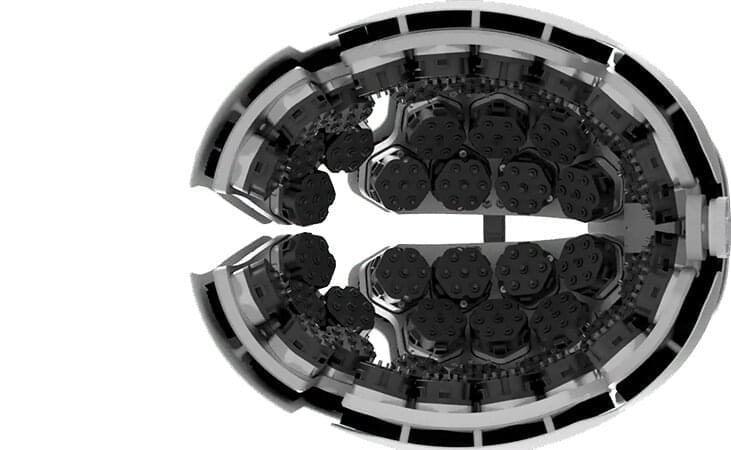Recent advances in brain imaging techniques facilitate accurate, high-resolution observations of the brain and its functions. For example, functional near-infrared spectroscopy (fNIRS) is a widely used noninvasive imaging technique that employs near-infrared light (wavelength 700 nm) to determine the relative concentration of hemoglobin in the brain, via differences in the light absorption patterns of hemoglobin.
Most noninvasive brain scanning systems use continuous-wave fNIRS, where the tissue is irradiated by a constant stream of photons. However, these systems cannot differentiate between scattered and absorbed photons. A recent advancement to this technique is time-domain (TD)-fNIRS, which uses picosecond pulses of light and fast detectors to estimate photon scattering and absorption in tissues. However, such systems are expensive and complex and have a large form factor, limiting their widespread adoption.
To overcome these challenges, researchers from Kernel, a neurotechnology company, have developed a wearable headset based on TD-fNIRS technology. This device, called “Kernel Flow,” weighs 2.05 kg and contains 52 modules arranged in four plates that fit on either side of the head. The specifications and performance of the Kernel Flow system are reported in the Journal of Biomedical Optics (JBO).
